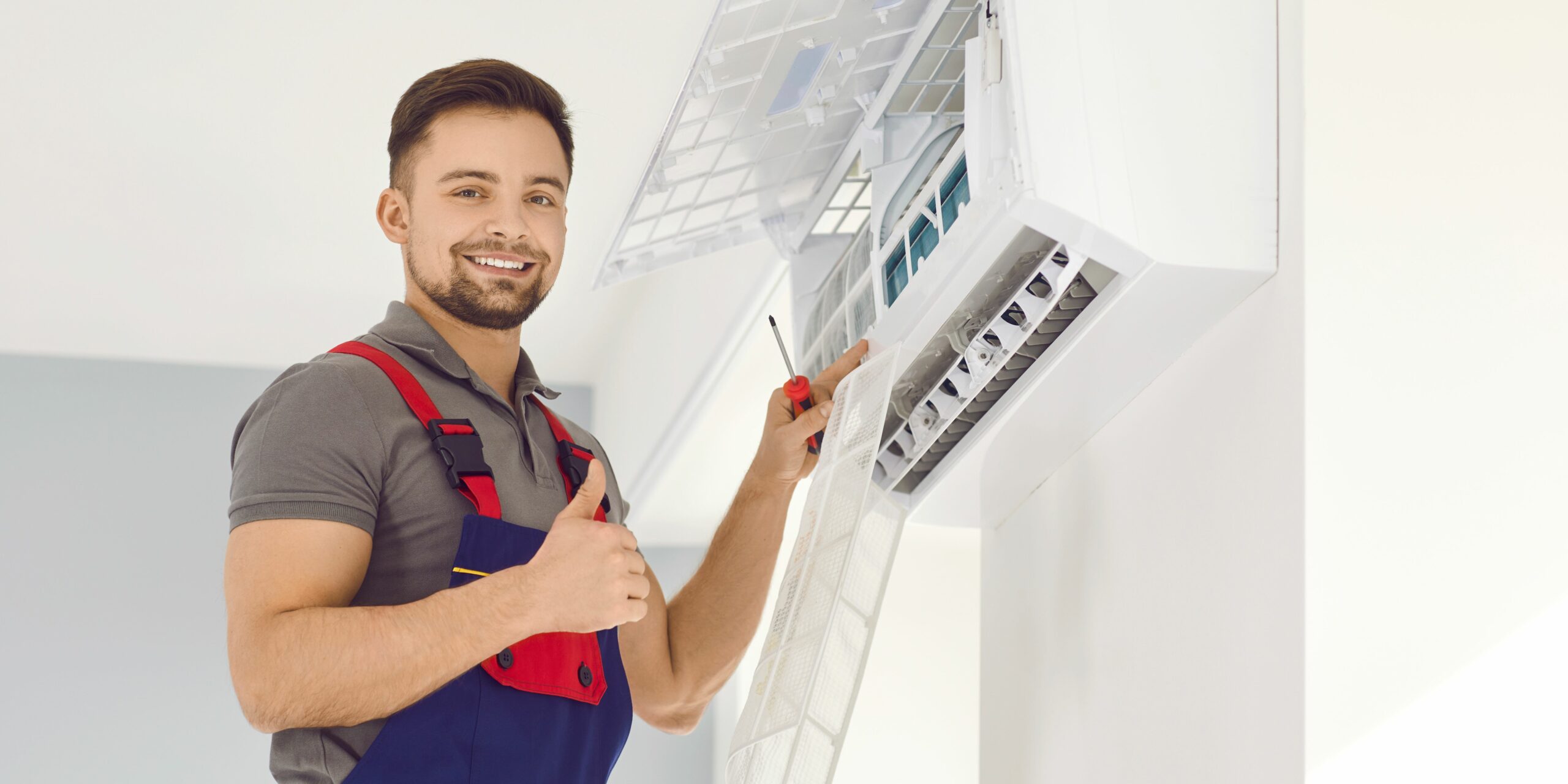Green HVAC: Integrating Algae For Cleaner Indoor Air
In the relentless pursuit of cultivating healthier living environments, the Green HVAC Revolution emerges as a harbinger of a new era characterized by sustainability and efficiency. Within this transformative landscape, one revolutionary innovation distinctly stands out – the seamless integration of algae into HVAC systems. This innovation not only promises efficient cooling and heating but also heralds a breath of fresh, cleaner indoor air.
Algae-Powered HVAC: A Breath of Fresh Air
1. Indoor Air Quality Enhancement
Algae, commonly associated with ponds and aquatic ecosystems, emerges as a pivotal player in elevating Indoor Air Quality (IAQ). Through the marvel of photosynthesis, algae adeptly absorb carbon dioxide and release oxygen, thereby significantly improving the quality of the air we breathe within our homes and workplaces.
2. Reducing Carbon Footprint
Traditionally, HVAC systems have been significant contributors to environmental concerns. However, the incorporation of algae into these systems not only enhances air quality but also orchestrates a substantial reduction in the carbon footprint associated with heating and cooling processes. It’s a dual victory for sustainability.
The Benefit of Algae Integration in HVAC Systems
1. Cost Savings:
Algae-integrated HVAC systems manifest tangible benefits in terms of energy consumption, culminating in substantial cost savings on electricity bills. Furthermore, the utilization of natural refrigerants obviates the need for conventional, expensive cooling substances, thereby contributing to additional savings in maintenance and operational costs.
2. Scalability and Flexibility:
The adaptability of algae integration allows for its seamless incorporation into various HVAC system designs and applications, ensuring scalability and flexibility for different building types. This versatility makes it a viable solution for both new constructions and retrofitting projects, providing a sustainable solution for existing building infrastructure.
3. Environmental Stewardship:
Algae integration aligns harmoniously with sustainable development goals, offering an eco-friendly alternative to conventional HVAC systems. By diminishing reliance on synthetic refrigerants and conserving energy, this innovative approach makes a positive impact on the environment, fostering a more sustainable future.
4. Energy Efficiency:
The integration of algae into HVAC systems optimizes energy usage, minimizing wastage and reducing power consumption. This results in a more energy-efficient operation, aligning with contemporary demands for sustainable and responsible energy practices.
5. Eco-Friendly Cooling:
Leveraging algae as a natural refrigerant in HVAC systems diminishes dependence on harmful synthetic refrigerants, facilitating a greener and more sustainable approach to cooling. This paradigm shift holds promise for a future where cooling processes are not only efficient but also environmentally conscious.
The Impact of Algae on Indoor Air
1. Algae Filters for Indoor Air Purification
Envision HVAC systems equipped with algae filters actively purifying the indoor air by removing pollutants and allergens. This groundbreaking approach ensures a continuous flow of purified indoor air, creating an environment conducive to health and well-being. The incorporation of algae in air filtration systems becomes a cornerstone in the relentless pursuit of optimal Indoor Air Quality.
2. Humidity Control
Capitalizing on algae’s natural ability to absorb moisture, it emerges as an excellent contender for controlling indoor humidity levels. Maintaining optimal humidity not only enhances comfort but also inhibits the growth of mold and mildew, thereby further promoting a healthier living space.
Algae’s role in humidity control becomes instrumental in crafting indoor environments that prioritize both well-being and sustainability.
Algae integration holds the potential to revolutionize HVAC system operating costs by reducing reliance on conventional heating and cooling methods. The cost-effectiveness of this approach extends beyond energy savings, encompassing maintenance and operational costs, making it an economically viable and sustainable solution.
3. Algae-Powered Air Conditioning:
Researchers, propelled by the potential of algae, have delved into the realm of algae-powered air conditioning systems. In this innovative approach, the biomass generated by algae is harnessed to produce cold air.
Leveraging the rapid growth rate and CO2 absorption capabilities of algae, these systems offer sustainable cooling solutions while concurrently mitigating greenhouse gas emissions.
In conclusion, the integration of algae into HVAC systems emerges as a transformative force in the Green HVAC Revolution. This paradigm shift not only redefines the efficiency and sustainability of heating and cooling processes but also prioritizes Indoor Air Quality as a cornerstone of healthier living environments.
As we embrace this innovative journey, the marriage of technology and nature paves the way for a future where our living spaces are not only energy-efficient and cost-effective but also nurturing to our well-being.
Indoor Air, enriched by the power of algae, becomes the focal point in our quest for a sustainable and harmonious coexistence with the environment.
Empowering Farmers: Our Azolla Pits Initiative
We’ve teamed up with Sid’s Farm to introduce Azolla Pits—a simple and sustainable solution for dairy farming. Azolla, a protein-rich algae, provides cows with a cost-free and easy-to-maintain source of nutrition. With Sid’s Farm, we’re making these pits accessible to farmers and providing guidance on usage. Together with The Affordable Organic Store, we’re confident this initiative will make a big difference for everyone involved. Donate now to support this cause and make farming greener and more efficient!

